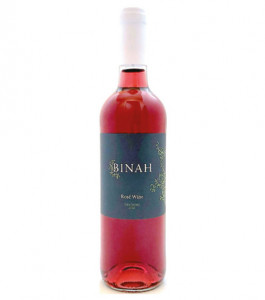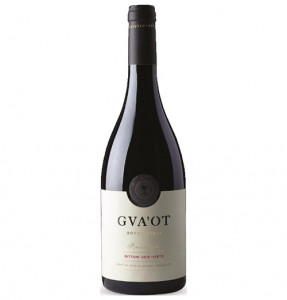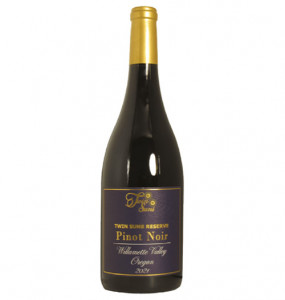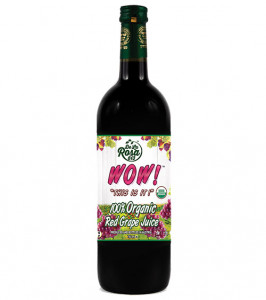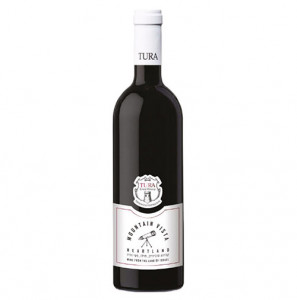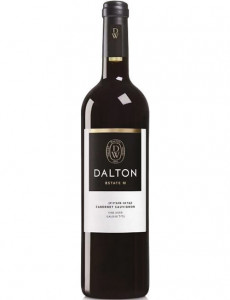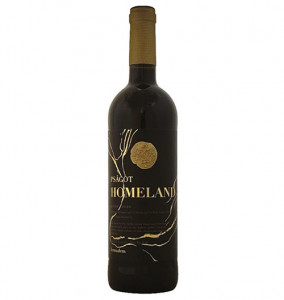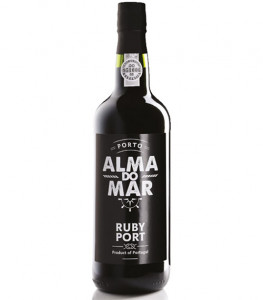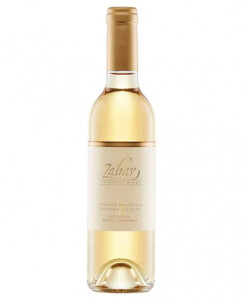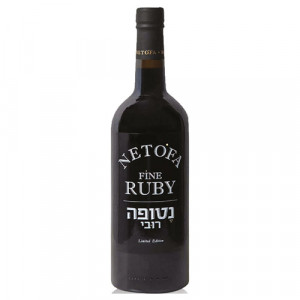
The two Seders are definitely the biggest nights of the year for kosher wine. In 2014 and 2021, Pew Research reported that 70% percent of U.S. Jews attended at least one Seder. I would add that everyone at Seder spends at least a few moments deciding which wines they will personally use for the four cups, and hosts spend quite a bit more time on this task. With so many choices and so many considerations, it’s fun to spend a few minutes going over various options for specific cups. If you missed the 80-page Jewish Link Wine Guide that features many excellent kosher wines, I am happy to provide a few personal choices based on the wines I’ve tried this year. These notes are not just for seasoned enthusiasts; people who “don’t like wine” or “hardly ever touch the stuff,” need choices as well.
Most people traditionally use red wines for Seders, but in recent years rosé wines have become a popular choice for the first cup; a full glass of robust red wine drunk on an empty stomach can feel a bit harsh. Rosés tend to be less intense and more aromatic. While it’s still early in the year for the 2022 rosé wines to be released, note that there will be few if any 2022 Israeli rosés available in the U.S. this summer because of shemitah. I subscribe to the notion that still rosés are most aromatic and best enjoyed less than a year from bottling, so I’m all in this year with the bubbly and sweeter options as smarter choices. Hopefully this will help to prevent people from making the mistake of buying past-their-prime 2021 rosés. Beware sale prices on old rosés! The best bets are punchy American, bubbly or Italian wines, like the dry and bubbly Hagafen Brut Rosé 2020 ($56.00); the off-dry Binah Rosé 2022 ($20); or even the Bartenura Malvasia di Casorzo ($11.97), a bubbly sweet pink wine with just 5% alcohol that is maybe one measure less sweet from Bartenura’s blue bottle. (I see this bottle as a gateway… If you are ready to move on from the blue bottle and like this one, next year you might be ready to try “real wine” like the Sheldrake Point or Cape Jewel wines mentioned in the following paragraph, and dessert wines are good for these drinkers as well. Hold off on the robust reds.)
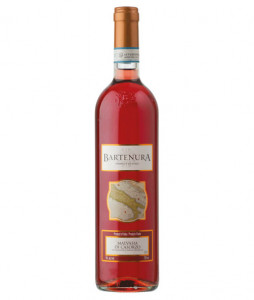
Other light choices, if you are willing to drink white wine, is an easy-drinking riesling like Sheldrake Point Dry Riesling 2021 ($27.99), a lovely wine with notes of nectarine and honey, that goes down easily and is very refreshing. The Koenig Pinot Blanc 2019 ($17.00) is another light, off-dry choice, as is the drier and slightly effervescent Cape Jewel Reserve Chenin Blanc 2021 ($11.99), which also comes in cans.
Many Seder-goers are ready to switch to red wines for the second and third cups, both to represent the blood taken out of the glass as drops from the plagues, and to drink along with the meal. For these wines I always enjoy choosing Israeli wines to celebrate the physical deliverance of the Jews into the Holy Land. While there are certainly many to choose from, the Dalton Estate Cabernet Sauvignon ($22) is an affordable and impressive choice, and the Gvaot Gofna Bittuni 2019 ($70) is a beaujolais-style light red wine made from a native varietal recently discovered and grown in Israel. Both are food friendly, approachable dry wines that are sure to impress everyone at the table, and they go well with a variety of foods, from brisket to chicken and anything with tomato sauce. The Psagot Homeland 2020 ($59) and the Tura Mountain Vista Heartland Blend 2021 ($27.99) are great choices for a robust mealtime red as is something notable in kosher, the Twin Suns Reserve Willamette Valley (Oregon) Pinot Noir 2021 ($29).
For the last cup, I’ve had the sense over the last few years that I must switch to grape juice, so for that I absolutely love the De la Rosa 613 “Wow” red grape juice. The kids love it too. But for those with stronger constitutions than I, I can recommend the two port wines I have enjoyed this year, the Netofa Fine Ruby Port ($44.99) and the Alma do Mar Ruby Port ($30.99). These are wines that are sweet, a little syrupy and meant to be enjoyed as dessert wines, so it’s the perfect afikomen cup. Another great choice for the third or fourth cup is the Covenant Zahav Late Harvest Chardonnay 2018 (which comes in a mini-bottle that costs $31.99). This sweet golden wine should be served cold. It makes a lovely and balanced end to a long Seder night.
Whatever wines you choose for the Seder, may it be with simcha. Chag Kasher V’Samayach!
By Elizabeth Kratz
